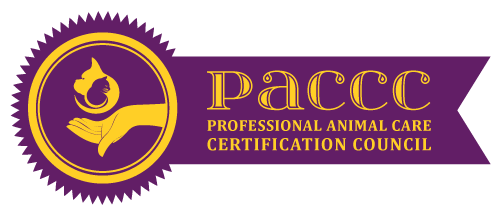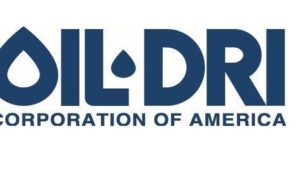PACCC Certifies 18 More Professional Animal Care Providers
Pet Age Staff //April 3, 2017//
The Professional Animal Care Certification Council (PACCC) announced the latest independent certifications for Certified Professional Animal Care Provider (CPACP). Eighteen more have joined the ranks of pet care professionals who have successfully demonstrated their comprehensive pet care knowledge to a third-party testing body.
“With the latest certifications, CPACPs can now be found in three countries, 19 states and two provinces,” noted PACCC co-founder Susan Briggs. “PACCC’s pet safety mission is gaining ground and these certified professionals are leading the way.”
The next opportunity for pet care professionals to take the CPACP exams will be this June. The deadline to apply to take the exam is May 1, 2017. Information on how to apply is available on www.paccert.org.
The CPACP exam is for those in charge of the daily handling of the animals of a professional pet care business, overseeing every aspect of an animal’s well-being while in their care. To initially qualify to take the CPACP exam, the applicant must meet minimum education requirements, have a minimum of 500 hours of experience and provide letters of reference from veterinarians and other pet care industry professionals. The in-depth 125-question examination covers animal care topics including health, nutrition, dog fight and bite protocol, on-leash and off-leash interaction, sanitation, dog behavior and temperament, dog body language, dog training, animal and handler safety, vaccination protocol, workflow management, pathogen control, emergency and quarantine protocols, air quality standards, staff management expectations and much more.
Certification as a CPACP is good for three years, at which time retesting or completion of 20 hours of continuing education is required to maintain certified status.
“As we know from personal experience and backed up by pet care industry reports, more than ever, pets are considered part of the family and their ‘parents’ want assurances they’re getting the very best care,” Briggs said. “CPACP credentials help clearly identify those professionals who can provide it.”
For the updated list of Certified Professional Animal Care Providers, including their location, visit www.paccert.org/cpacp.



















